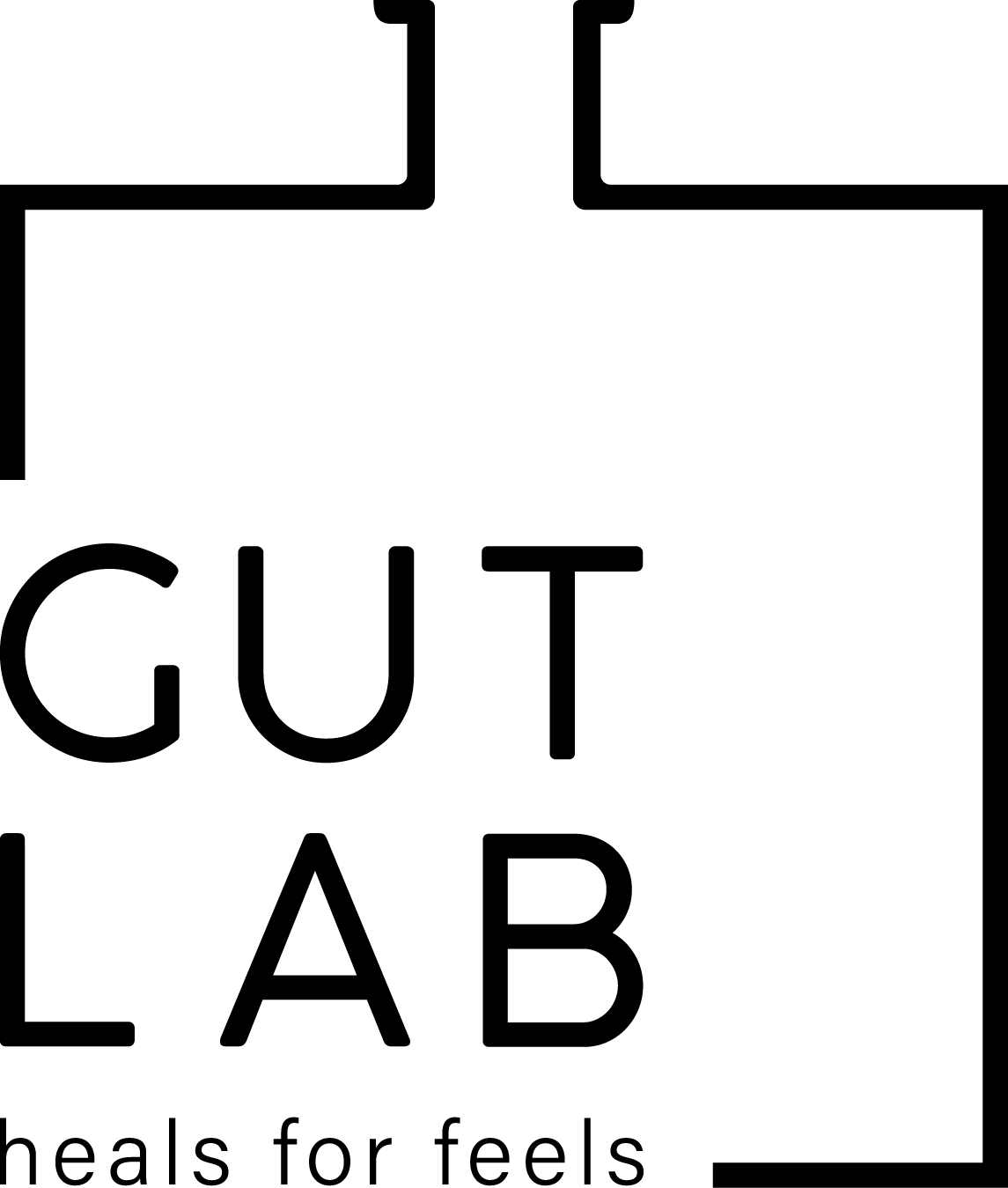How to look after your gut health when taking meds.
More and more, awareness is rising about the damaging consequences of pharmaceutical medications on human gut health. This has both positive and negative implications. Positive, in that increased awareness drives people to research more and consciously consider the pros and cons before taking meds. But it can be negative when this knowledge causes you to feel helpless and like you are doing everything wrong.
We know that pharmaceutical medications are over prescribed and taking any med for a prolonged period has health ramifications or ‘side effects’. But sometimes taking meds in an emergency or acute situation can be necessary. In these instances, managing the unfortunate consequences is important.
So what can you do to support your gut and microbiome integrity when meds are necessary?
Take probiotics and consume lots of probiotic foods
Though taking probiotics will never make up for the detonation impact antibiotics and other meds have on your microbiome, but they can help reduce the damage. Good quality probiotics are helpful while you are taking meds, and for at least a couple of months after. Consuming kefir and natural yogurt (made with raw dairy if possible) throughout the day is also helpful.
Drink bone broth
Natural (and preferably fresh or homemade) slow and looong cooked bone bone broth is rich in collagen and amino acids which nourishe and heal the gut wall, supporting motility and reducing inflammation.
Consume lots of well-cooked prebiotic foods
‘Good gut bugs’ have metabolic needs of their own, which we refer to as ‘pre-biotics’. You can support the beneficial gut microbes by eating lots of veggies. An inflamed gut will most appreciate soft cooked veggies, which makes digestion easier and also helps reduce constipation often caused by meds.
Adopt an anti-inflammatory approach
An anti-inflammatory approach to meals is best as part of your everyday lifestyle, and not just a consideration during medications. However sometimes when you are unwell, eating right can feel to hard or just not as appetising. To incur the least amount of damage possible while on meds, stick to real and natural foods. Using bone broth is a good base, adding lots of organic veg and healing organic animal proteins. Fresh fruits in probiotic yoghurt, and plenty of healing teas.
Support bowel motility to manage constipation
Constipation is a common side effect of medications, and in order to prevent it from progressing and causing further gut problems later on, it is important to manage it properly. SIBO and other conditions involving microbiome dysbiosis are often brought on by constipation which has perpetuated. If you are following the tips listed above you are already taking the right steps. Helpful natural laxatives include castor oil, which can be used orally or as an oil pack held on your gut, magnesium citrate, and soft vitamin C rich fruits.
Avoid alcohol, processed foods and unnatural sugars
When the body is busy healing and medications are causing further strain in your gut, it is important to remember that alcohol, processed foods, and unnatural sugars cause further harm, and slow the healing process. They can also provide ‘food’ for the ‘bad microbes’ or pathogenic populations, increasing the risk of more problems with your health down the track.
Do not take pharmaceutical medications longer than necessary
Antibiotics are generally prescribed for a specific time frame and doctors advise us to take the entire course to ensure they work. However often they are prescribed for longer periods than necessary. Discuss this with your doctor and act accordingly. Taking antibiotics for an acute problem like an infected wound or tonsilitis is one thing. Taking antibiotics for long periods to treat things like acne can result in significant gut damage and health problems. If you do not have signs of an infections such as a fever or general malaise then reconsider in antibiotics are the right course for you.
Antacids are supposed to be taken infrequently and for short periods, and when taken inappropriately they cause gut health problems. They also fail to treat the root cause of the problem, meaning when you stop taking them the problem returns and you have additional gut health worries to contend with.
Pain medications affect gut health and are often taken for too long even when they are not working. They can also be addictive, further implicating gut health risk. Managing systemic inflammation with the right nutrition can be helpful in boosting overall health and reducing the need for pain medication.
If you would like to discuss your health situation and learn the best ways to get through without causing your body harm, please drop me a quick email here at sarah@gutlabhealing.com. We can chat about where you are at and what you can gain from a one-on-one online consult.


